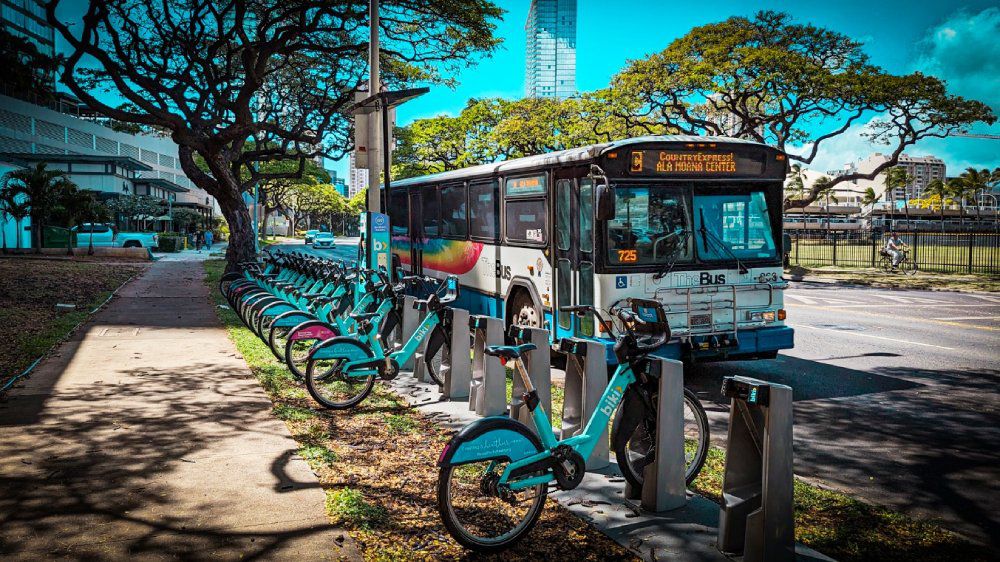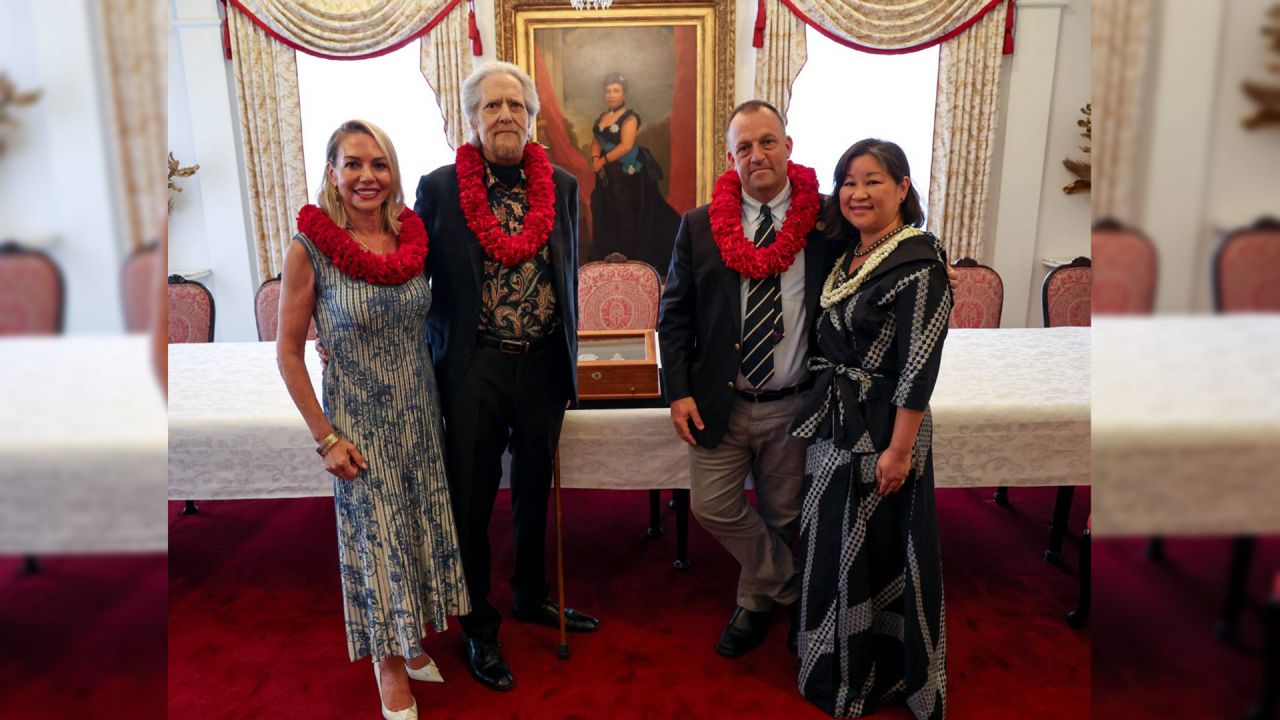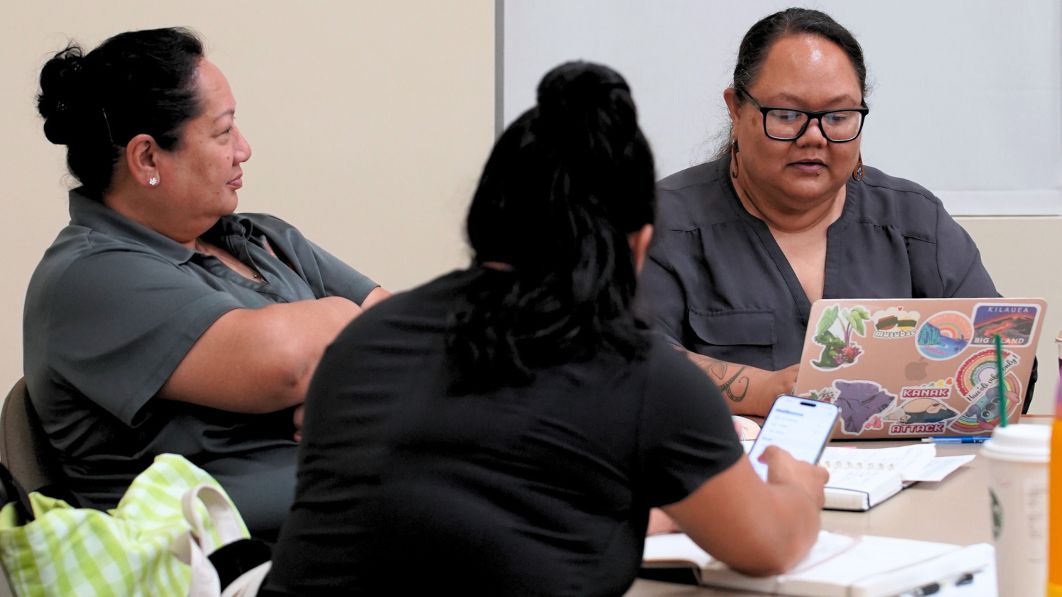HONOLULU — Formerly overseen by Bikeshare Hawaiʻi, oversight of the Biki bikeshare operation will fall under the City and County of Honolulu's Department of Transportation Services effective July 1.
There will be no changes to Biki operations with the transition and riders will not experience any changes in system availability, operations, Biki accounts or customer support, according to a news release.
"As director of the Department of Transportation Services, I commend Bikeshare Hawaiʻi and its uncompensated Board of Directors for their pioneering efforts in establishing Biki and for their diligent governance throughout its operation," said Director of the Department of Transportation Services Roger Morton in the release. "Secure Bike Share will continue their effective and efficient operations and maintenance of the Biki Bikeshare system, as they have since system opening in 2017."
DTS will oversee the concessions contract from July 1, 2024, running through June 30, 2025.
Since its beginning in 2014, the nonprofit Bikeshare Hawaiʻi has worked with the city and community partners to set fares and provided leadership, governance, marketing, and administrative services.
"We are pleased that the City and County of Honolulu will continue Biki operations. This is a natural evolution of the program," said Greg Gaug, board chair for Bikeshare Hawaiʻi. "With Biki's proven ridership, there is opportunity for the city to expand the network and achieve greater coverage on Oahu. Biki is the sixth most-used bikeshare system in the country, illustrating how critical our kamaʻāina-based system is to Honolulu's shared mobility."
Honolulu's demand for human-powered transportation has grown Biki to a fleet of 1,288 bicycles, 136 self-service stations and 2,500 docked bicycle stalls. In 2023, nearly 17,000 active members and 62% of residents accounted for the roughly 800,000 Biki rides.
Secure Bike Share Hawaiʻi operates and maintains the Biki system's bikes, docks, mobile apps, and customer service. The organization will continue to work with DTS and the city to provide uninterrupted service. SBS collects revenues from Biki rides; the self-sufficient system does not require any city subsidy to operate.
According to the release, the change in oversight will better position the system for future expansion opportunities to serve new communities.
DTS currently permits Biki stations on city properties, with the city owning a portion of the bicycles and docking stations. The department plans to use future federal funding to purchase replacement bicycles and docks to support Biki operations.
Sarah Yamanaka covers news and events for Spectrum News Hawaii. She can be reached at sarah.yamanaka@charter.com.






